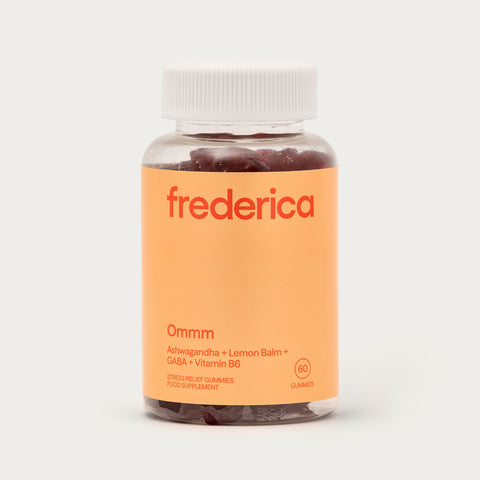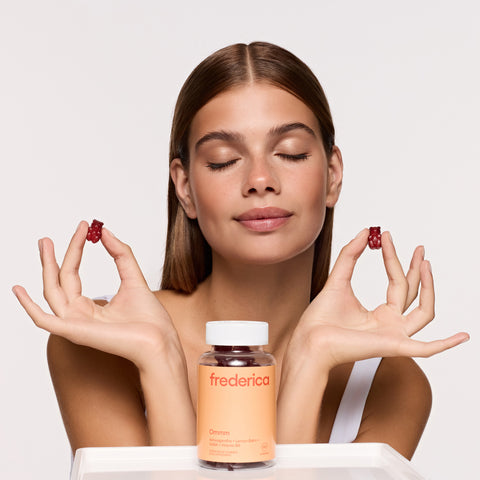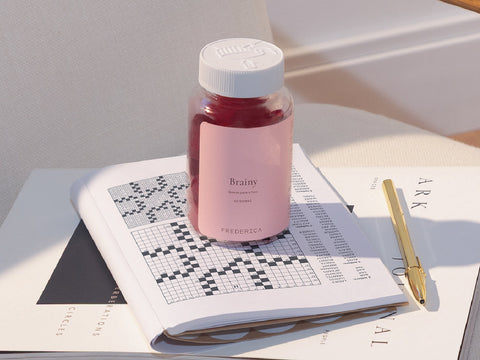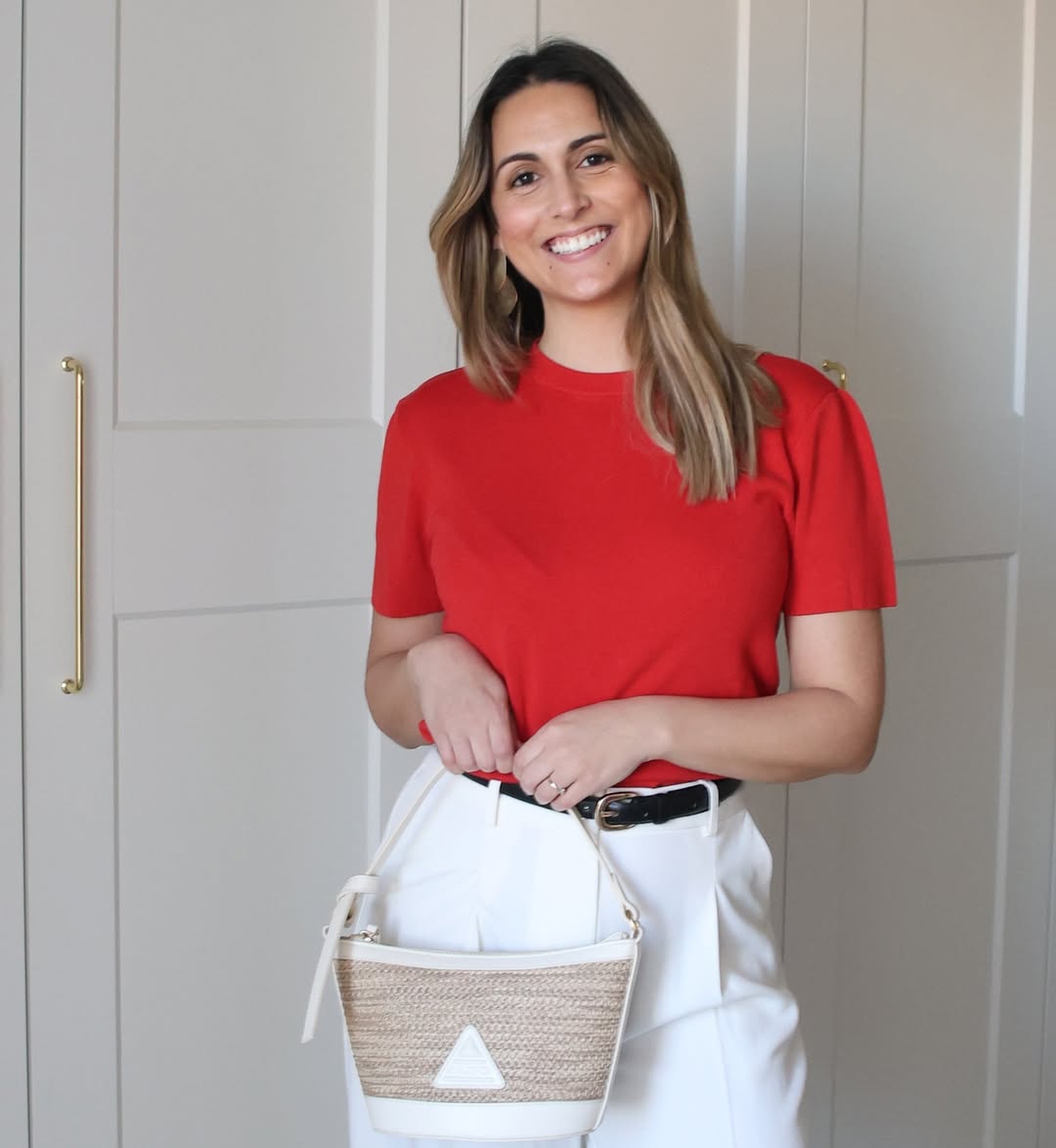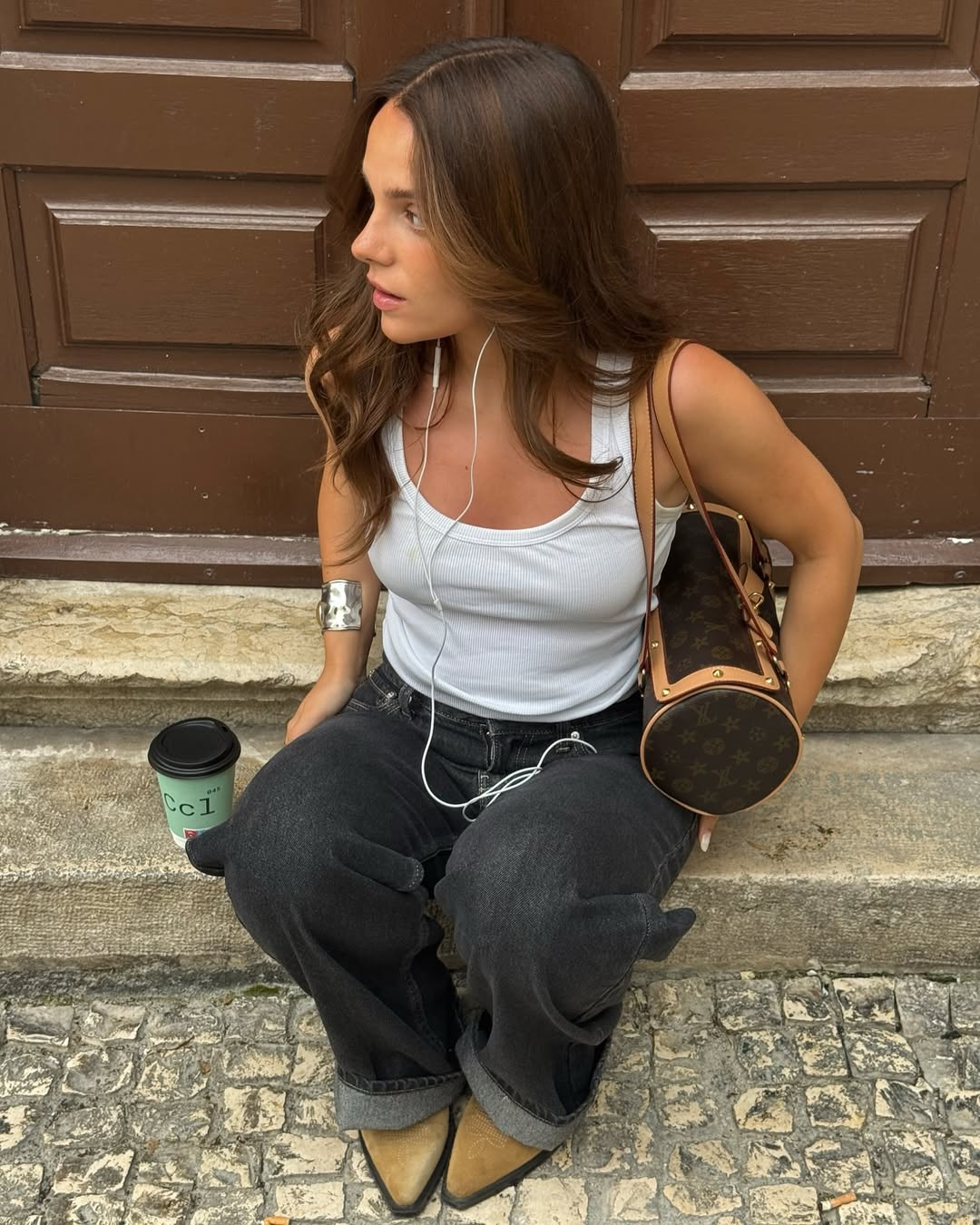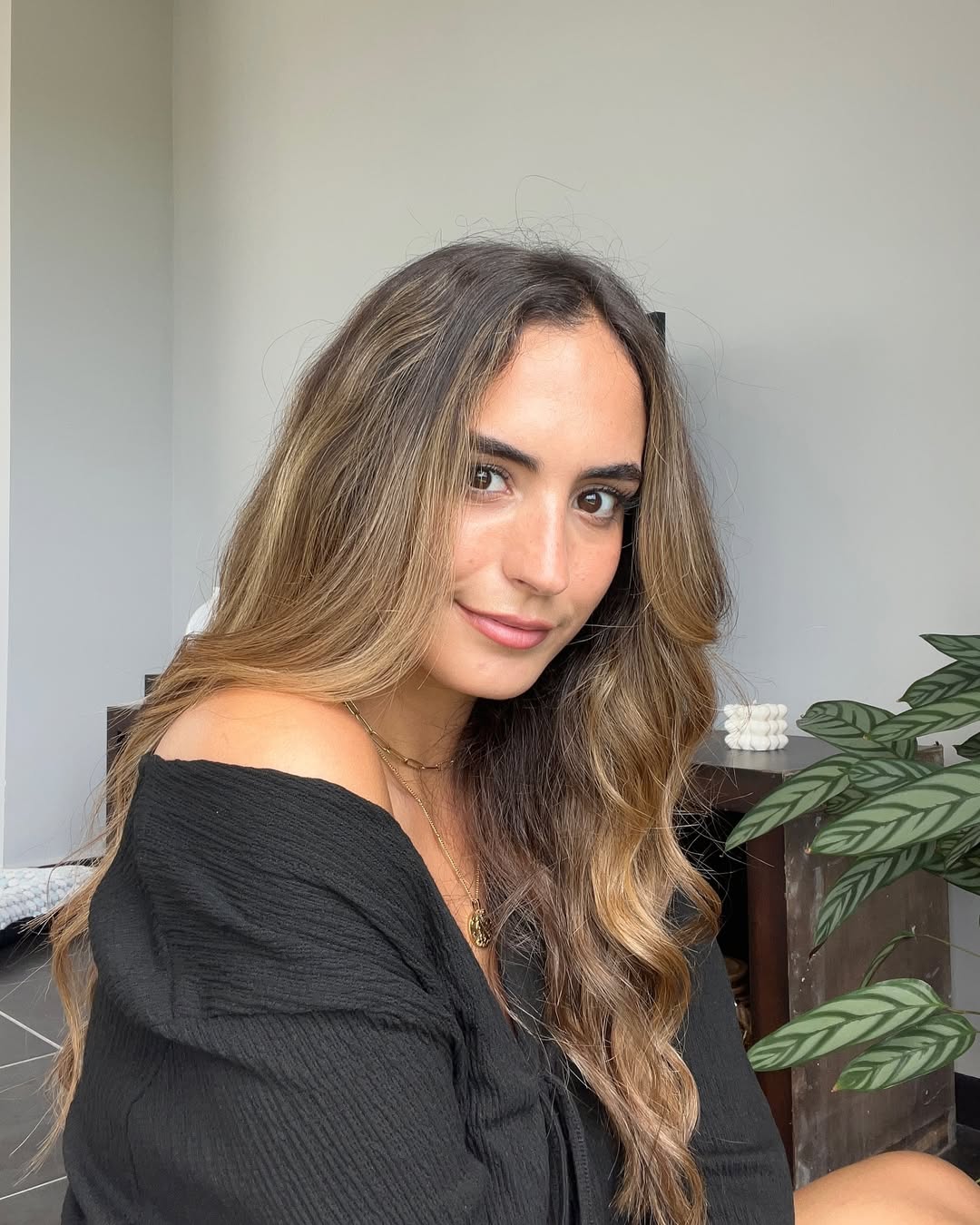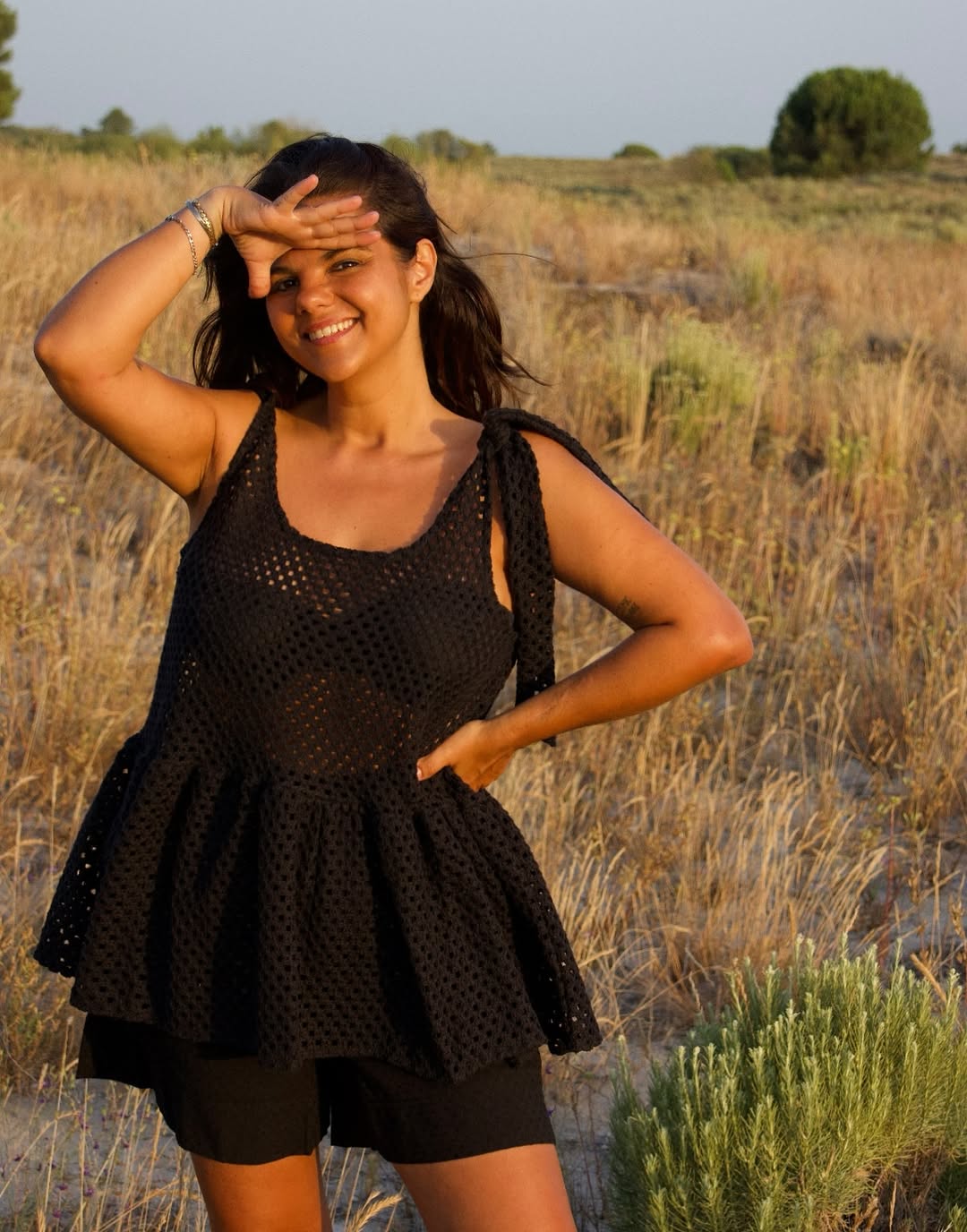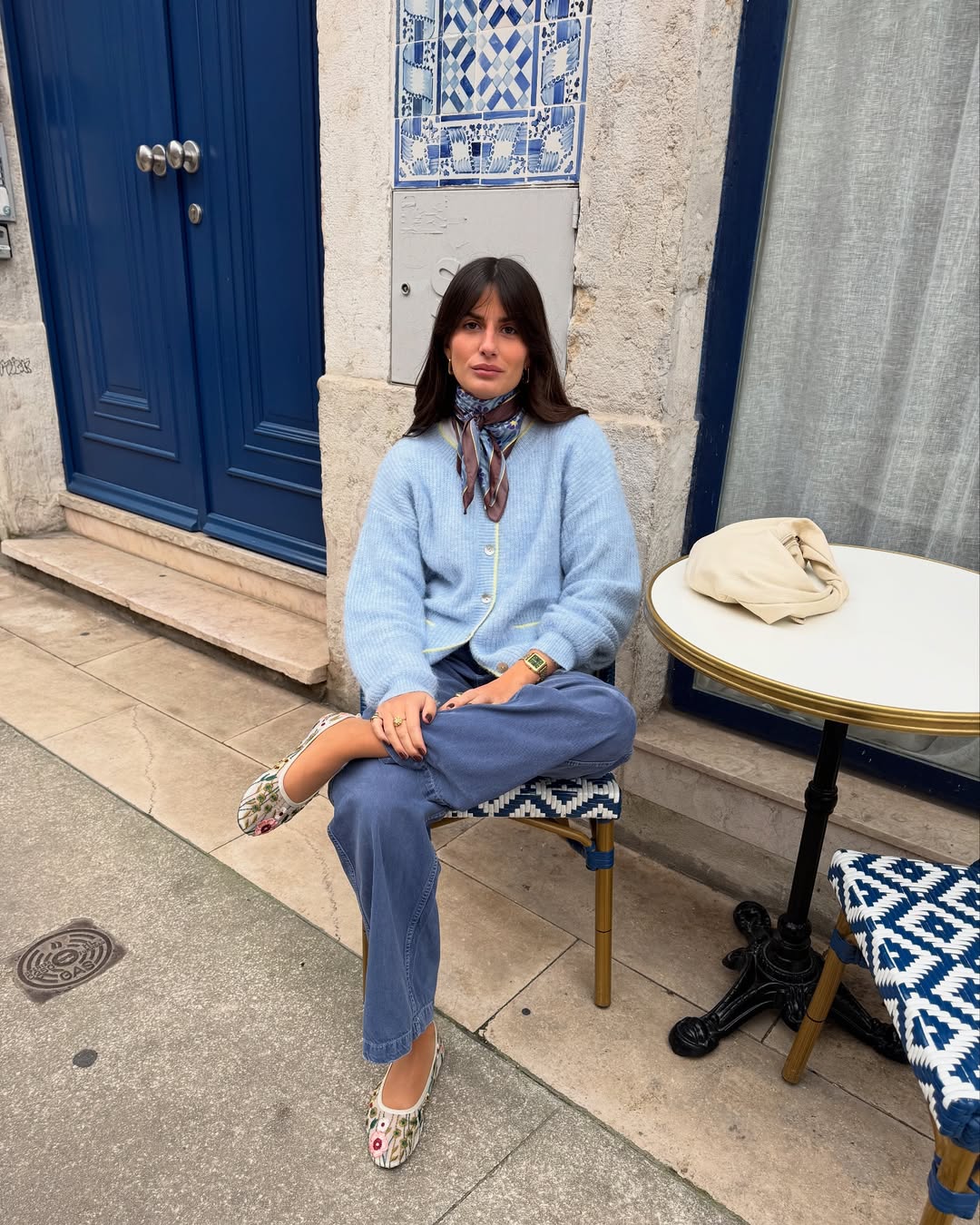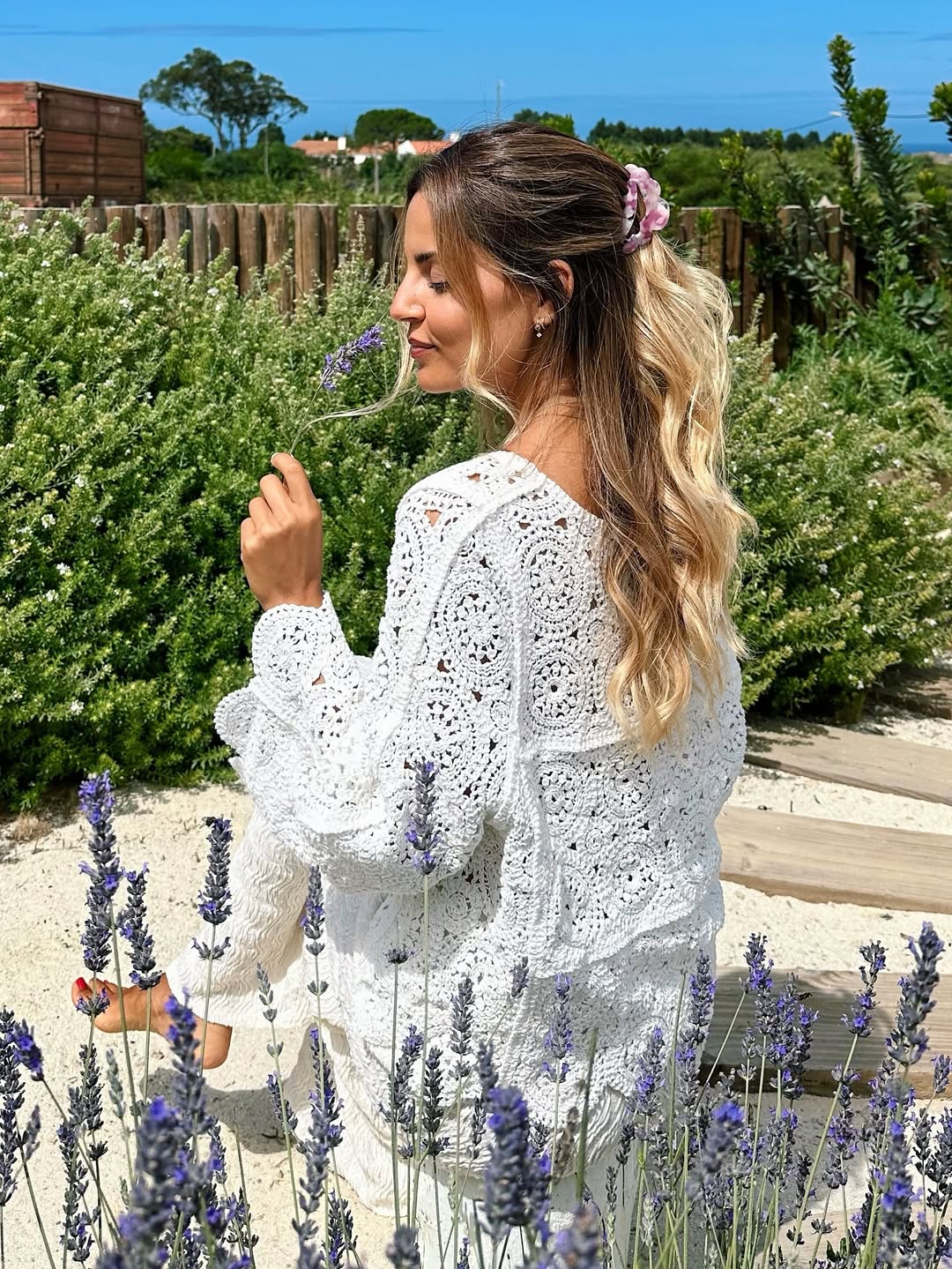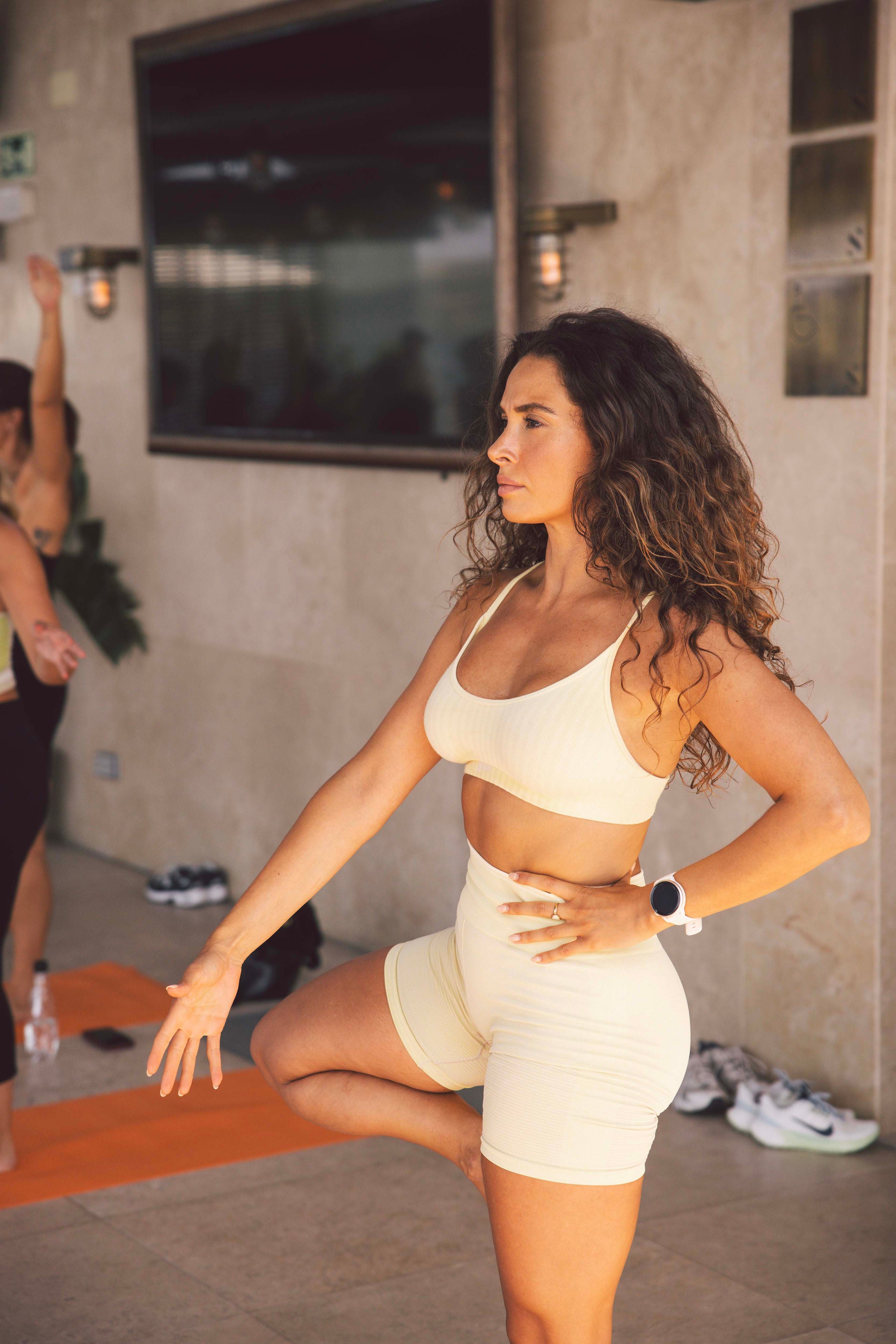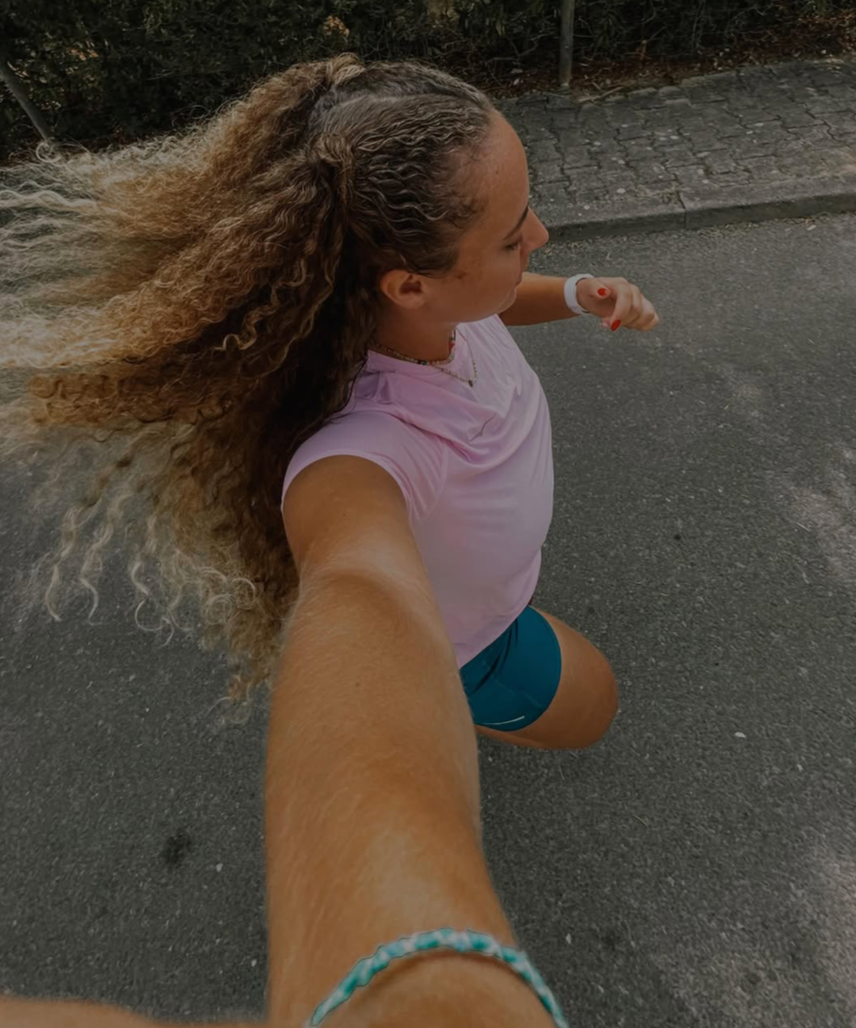Autumn depression is real. Today, you'll learn why and some tips to help prevent this from becoming another difficult phase in your life.
For some, it may be almost indifferent (they don't feel it as much), but for others, the arrival of autumn can be the beginning of the "emotional leaf" falling. Why? Well, the sun crosses the equator, and the days begin to get shorter, as does the intensity of sunlight, even though it remains warm. Plants and animals begin to prepare for winter, minimizing their activities to conserve energy. As some scholars say: "We are like plants and animals. We have complicated emotions."
As Eastern medicine explains very well, this is what happens to us. The physiological need to begin storing energy similarly triggers another process: releasing the energy that is no longer useful, that is excess, to make way for the new. It is, therefore, a time to release toxins, and not only that. This internal event also encompasses feelings and emotions. Therefore, it is quite natural that, like toxins, some melancholic feelings resurface to be worked through, so they can be released.
Thus, there's a tendency for certain symptoms to appear, such as mood swings, lack of motivation, lack of energy, lack of desire to socialize, loss of interest in certain activities, difficulty sleeping, and increased appetite. However, there are a number of procedures that can help us emotionally (and physically) overcome this upcoming phase. We've outlined a few here. Some of the tips may seem unrelated to managing emotions. But believe me, they couldn't be more interconnected! If you follow them, you'll find it much easier (and healthier) to overcome all of this, if you feel this way. There are two parts: working on the physical side to have enough energy (part I) and working on your emotions (part II).
I: Physical part:
Turn on the lights. Your brain (and body) are already missing the intensity of sunlight, so dim the lights only as bedtime approaches. Avoid any type of activity in dim light.
Drink water. Stay hydrated to maintain consistent energy levels. Also, eat more fruits, vegetables, and foods rich in omega-3s. Otherwise, you won't have enough energy to think clearly.
Take care of your gut. The gut produces about 90% of serotonin, the antidepressant neurotransmitter. Therefore, if our gut isn't functioning well, we may feel more melancholy and sad. For example, drink a detox tea every now and then, and watch your diet.
Exercise. This topic is always present because it's truly good for our entire being: body, mind, and spirit. As you may already know, it's one of the ways to produce hormones linked to well-being and tranquility. Walking is part of this tip.
II: Emotional part:
Breathe. As trivial as this may seem, believe me, it's one of the best things for your entire body because it oxygenates the brain (and activates chi , our vital energy), helps balance metabolic levels, and gives us the inner discernment necessary for a more rational approach to problem-solving. Inhale and exhale slowly, three times in a row, several times a day, even on days when you feel good.
Be with your friends. Resist the urge to isolate yourself and, even if you don't always do it, make an effort to socialize. When we spend too much time alone with thoughts that provoke less positive emotions, we tend to dramatize and magnify problems. Vent.
Let go. Even though this may be a time for us to experience new feelings of fear, you should try to ignore these fears and not lose strength. Breathe and move forward because it's a good time to let go of what's no longer useful, letting go not only of less-than-ideal emotions but also of things that no longer connect with your energy and only cause you blockages. Start by letting go of material things, throwing away, or giving away, what you've been holding onto that no longer serves you.
Meditate. Nowadays, you have hundreds of guided meditations available online , both mindfulness-based and others you might prefer. Contrary to what some meditation masters say, you can do just 5 or 10 minutes of this practice a day (it's better to do less than nothing). Do this, for example, after a good walk. It's immensely beneficial because it even changes your brain structure. Take a chance and try both the Body Scan and the Emotional Scan, both mindfulness-based ;
Carry two bottles of essential oils in your bag. Both colors and scents have a profound effect on our mood. Carry an orange ball (stimulating antidepressant) and a pink ball (more relaxing antidepressant) so you can play with them in your hands while gazing at their colors. Also, carry a small bottle of lemon essential oil (antidepressant), peppermint (stimulating), and chamomile, lavender, or orange (relaxing) to smell from time to time and positively energize your brain.
Obviously, these tips are not a substitute for seeing a qualified professional in cases of more severe (chronic or severe) depression, nor do they replace any medication. However, they can be a great complement to depression treatment and a great way to prevent it.
Vanda do Nascimento is a therapist, coach, and mindfulness instructor at the Escola de Mindfulness Essencial , which she founded in 2016. She began her career as a teacher in 1997, graduating with a degree in Pedagogy. Around the same time, she also began studying Reiki, Meditation, and Mindfulness. She later pursued psychology and delved deeper into mindfulness to continue her struggle to manage stress and anxiety.


